"Maximize ROI: Benefits of Real Estate Inspections"
How Comprehensive Property Inspections Secure Your Investments and Unveil Hidden Defects
Understanding the Importance of Property Inspections for Safe Investment
Why are property inspections critical to your real estate investment? The importance of property inspections lies in their ability to uncover hidden defects, ensure safety, aid in accurate valuations, and protect you from future liabilities. By providing a meticulous assessment of a property’s condition, inspections serve as a pivotal step in securing a sound investment and avoiding costly surprises. This article will guide you through how inspections impact the buying process, what they entail, and the dire consequences of neglecting this essential due diligence.
Key Takeaways
- Home inspections are crucial for revealing hidden property defects and ensuring safety, influencing real estate negotiations, and are considered essential by buyers, sellers, and lenders for a secure transaction.
- Professional home inspectors conduct thorough examinations using a comprehensive checklist, assessing structural integrity, systems and components, and interior and exterior elements to flag potential issues.
- Skipping a home inspection poses significant financial and legal risks to buyers, while sellers can benefit from pre-listing inspections by improving the credibility and streamlining the sale process.
The Critical Role of Home Inspections in Real Estate Transactions
 Home inspections serve as the bedrock of a secure real estate transaction. Whether you’re a buyer or a real estate agent, the inspection process brings to light the hidden layers of a property, laying out all its strengths and weaknesses. This process is so integral that most home purchase contracts include a home inspection contingency, allowing buyers to back out if significant defects are unearthed. From a lender’s perspective, a thorough home inspection is a prerequisite before financing a home, underlining the crucial role inspections play in safeguarding investments.
Home inspections serve as the bedrock of a secure real estate transaction. Whether you’re a buyer or a real estate agent, the inspection process brings to light the hidden layers of a property, laying out all its strengths and weaknesses. This process is so integral that most home purchase contracts include a home inspection contingency, allowing buyers to back out if significant defects are unearthed. From a lender’s perspective, a thorough home inspection is a prerequisite before financing a home, underlining the crucial role inspections play in safeguarding investments.
So let’s delve into the key areas where home inspections make a significant impact.
Identifying Hidden Flaws
Home inspections don’t just skim the surface; they delve deep to reveal issues that are not always visible to the untrained eye. From foundation issues to leaks and electrical problems, a thorough home inspection can identify a myriad of hidden defects. Waiving a home inspection can lead to the oversight of serious problems, ranging from asbestos and mold infestation to major structural issues. All these can result in significant expenses for the new homeowner.
Early detection of potential problems can prevent them from escalating into major financial liabilities, ultimately protecting the valuation of the property and the buyer’s investment.
Ensuring Safety Standards
Home inspections do more than just assess the monetary value of a property; they are key to ensuring the safety and security of its future occupants. Inspectors may identify various safety issues including:
- Mold
- Lead
- Asbestos
- Faulty wiring
These issues could pose health hazards to new owners and require immediate attention, possibly due to negligence from the former owner, making the owner responsible for potentially leading to future claims.
For example, inspectors ensure that Ground Fault Circuit Interrupter (GFCI) outlets are wired properly to prevent potential shocks and electrical fires, safeguarding occupants from electrical hazards.
Valuation Accuracy
An accurate home inspection report serves as a crucial pillar in property valuation. It reveals the true condition of the property and can significantly influence the negotiation process during a real estate transaction. In essence, a comprehensive home inspection can make or break a deal, underscoring its pivotal role in the real estate landscape.
The Comprehensive Checklist for Property Inspections
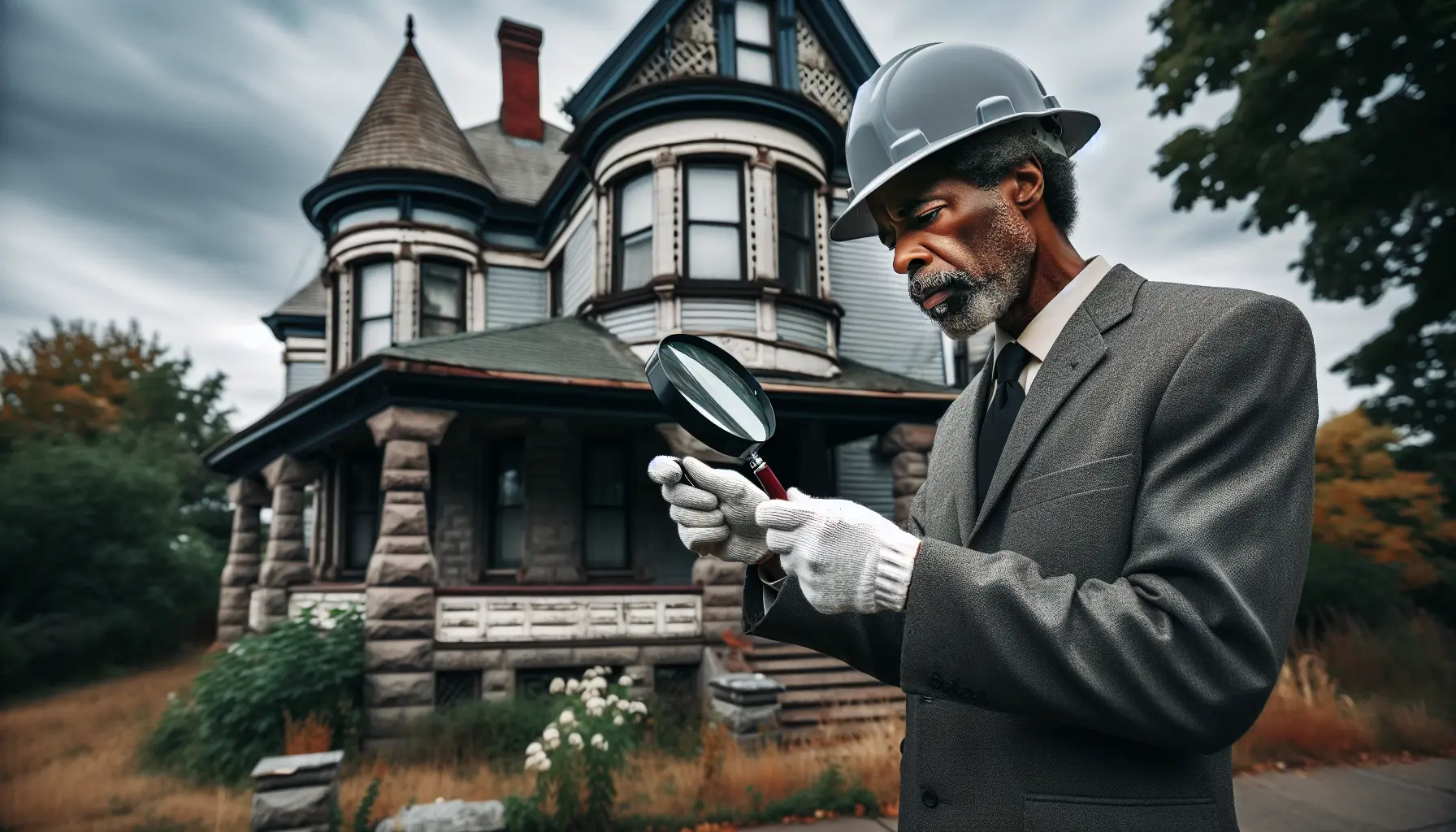 A property inspection is no cursory glance; it’s an in-depth examination backed by a comprehensive checklist. This process aims to identify defects within specific systems and components, and to assess the overall condition of the property. A professional inspector’s report details:
A property inspection is no cursory glance; it’s an in-depth examination backed by a comprehensive checklist. This process aims to identify defects within specific systems and components, and to assess the overall condition of the property. A professional inspector’s report details:
- Safety issues
- Major defects
- Minor defects
- Items that require replacement or ongoing monitoring.
Problems uncovered during inspections are detailed in reports and categorized into safety issues, major defects, or minor defects to help buyers understand the extent of each issue. So, let’s break down this checklist to understand the key areas an inspector evaluates.
Structural Elements
The structural elements of a property form the backbone of a home inspection. From roof to foundation, every aspect is meticulously assessed. Roof inspections are crucial as they involve assessing the condition of:
- roofing materials
- flashing
- drainage systems
- identifying present and potential future leaks
- poor installation
- checking skylights and chimneys for integrity.
Foundation issues such as cracks, differential settlement, and improper water drainage are investigated to prevent possible water damage and ensure the long-term stability of the property. Even exterior walls and wooden structures are evaluated for rot caused by mold, termites, age, or moisture, which compromise the structure’s integrity.
Systems and Components
Beyond the structural elements, the systems and components within a property are key pillars of a thorough inspection. Electrical systems are scrutinized for issues such as frayed insulation, improper DIY wiring, and correct installation of overcurrent protection. Plumbing inspections cover leak detection, assessment of overall house pressure, condition of water supply lines, and examination of shut-off valves, pipes, water heaters, drains, sewage lines, and proper water damage and blockage prevention measures.
The HVAC system is tested for integrity and functionality, with checks on the furnace for potential replacement needs and an assessment of the air conditioning system’s electrical connections and drainage pathways.
Interior and Exterior Analysis
The interior and exterior analysis plays a pivotal role in ensuring the overall integrity and safety of living spaces. Exterior inspections assess foundational integrity, structural elements, and surface water management. The interior inspections ensure the functionality and safety of living spaces, electrical systems, and appliances.
Inspectors review the condition of interior elements such as:
- walls
- ceilings
- floors
- installed cabinets and countertops
- a representative number of windows and doors
- major appliances like HVAC units, water heaters, and kitchen equipment.
Why Every Home Buyer Needs a Professional Inspection
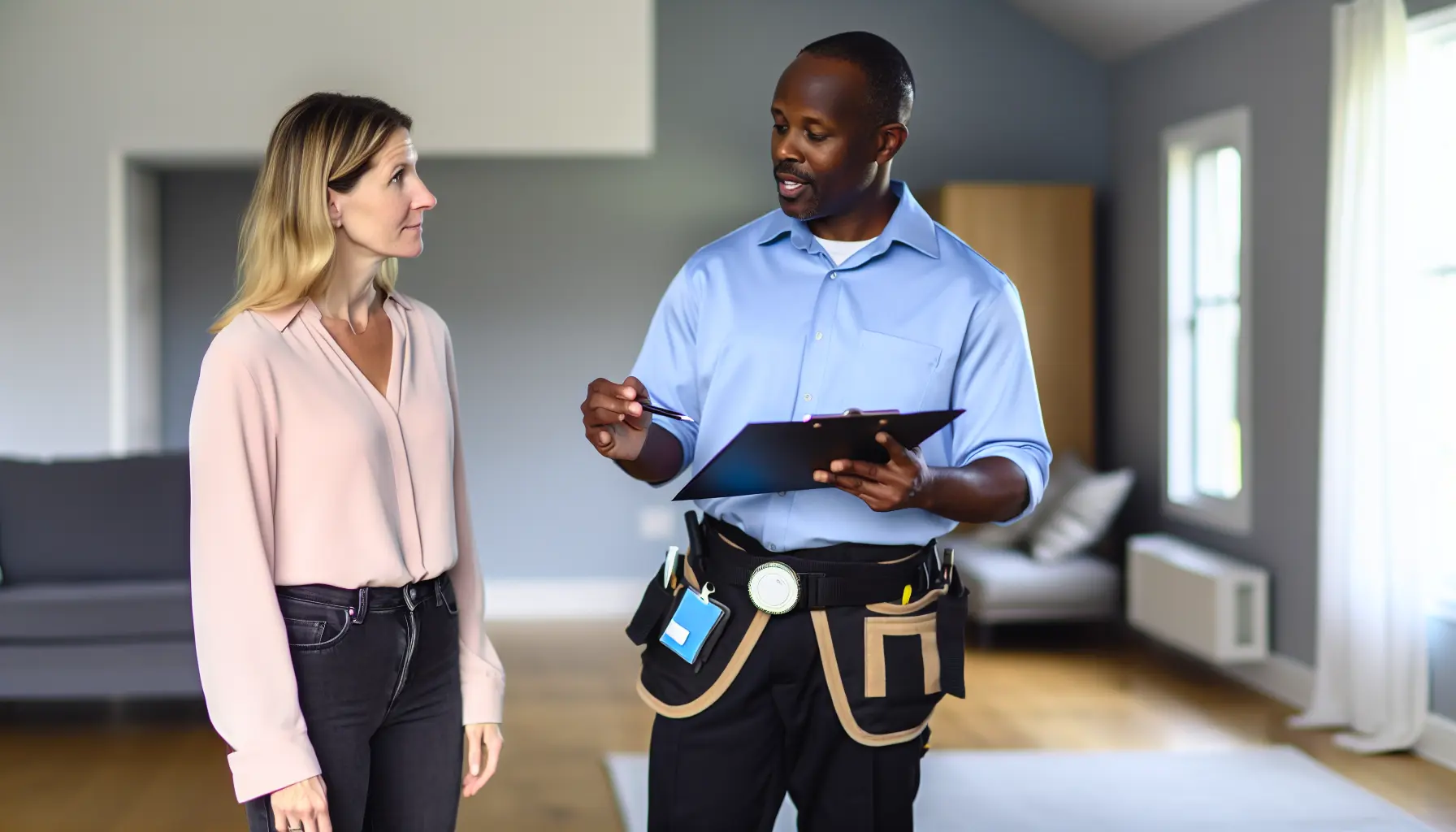 Every home buyer needs a professional inspection – it’s the key to avoiding costly surprises, negotiating better deals, and planning for long-term maintenance. An inspection can uncover hidden issues or safety risks, such as pests, mold, and faulty electrical wiring, ensuring these problems are addressed before finalizing the sale. Considering the detailed review and report provided, the cost of a home inspection, typically between $300 to $500, is a worthwhile investment that can lead to significant savings.
Every home buyer needs a professional inspection – it’s the key to avoiding costly surprises, negotiating better deals, and planning for long-term maintenance. An inspection can uncover hidden issues or safety risks, such as pests, mold, and faulty electrical wiring, ensuring these problems are addressed before finalizing the sale. Considering the detailed review and report provided, the cost of a home inspection, typically between $300 to $500, is a worthwhile investment that can lead to significant savings.
Let’s delve deeper into why every home buyer needs a professional inspection.
Avoiding Costly Surprises
Home inspections act as a safety net for home buyers, shielding them from expensive surprises. During property inspections, inspectors identify defects that may be expensive to repair, such as:
- problems with structural components
- obsolete electrical systems
- deteriorating roofs
- asbestos
- termite damage
- mold
By identifying issues such as foundational or plumbing leaks and mold presence, home inspections empower buyers to manage repair costs proactively, averting the risk of unexpected expenses.
Negotiating Leverage
A home inspection report serves as a powerful tool in the negotiation process. It can unveil significant issues, providing buyers the opportunity to negotiate for repairs, a reduction in the purchase price, or a cash credit to handle repairs post-purchase.
The detailed inspection findings allow buyers to negotiate for either the immediate repair of issues before moving in or receive compensation to manage the repairs themselves after the purchase, ensuring a smooth process during property transfers with the assistance of a title company and the protection of title insurance, including a thorough title search and the security provided by a warranty deed.
Long-Term Planning
Inspections are not just about the present; they also provide a roadmap for the future. Inspections assist buyers with long-term maintenance planning by providing an understanding of the lifespan of major property components. Property inspections enable buyers to plan for the cost of future restoration and help prioritize projects by pinpointing minor issues that don’t require immediate action.
The Impact of Skipping a Home Inspection
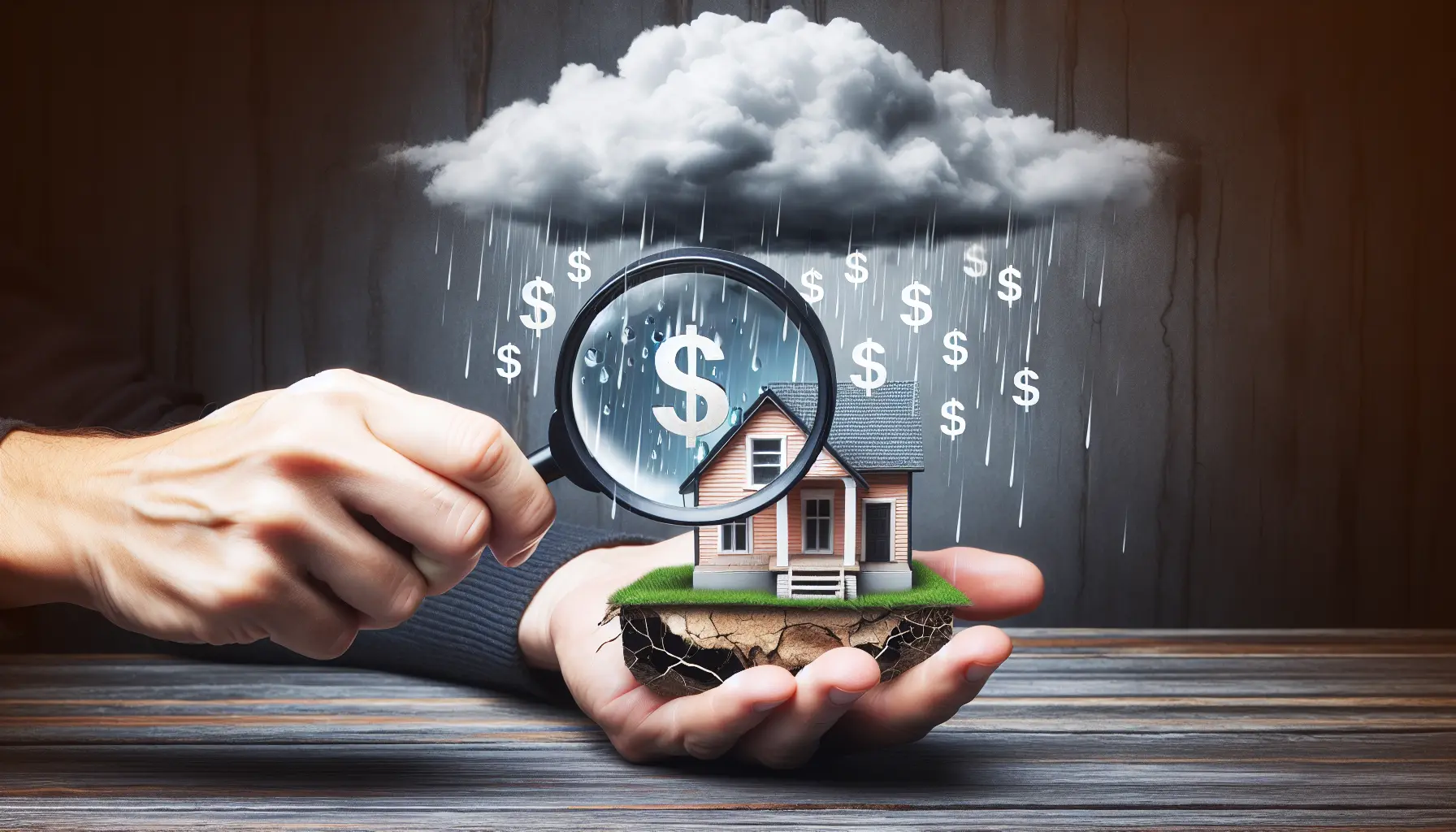 Skipping a home inspection can be a risky gamble. It might make your offer more attractive in competitive markets, but it also exposes you to the risk of inheriting costly and hazardous problems. Overlooking a home inspection could result in undiscovered issues like asbestos, mold infestation, or structural problems with foundations or support beams, which can be costly to remedy.
Skipping a home inspection can be a risky gamble. It might make your offer more attractive in competitive markets, but it also exposes you to the risk of inheriting costly and hazardous problems. Overlooking a home inspection could result in undiscovered issues like asbestos, mold infestation, or structural problems with foundations or support beams, which can be costly to remedy.
Let’s delve into the potential repercussions of skipping a home inspection.
Financial Risks
Without a home inspection, buyers risk overpaying for a property with serious defects that could significantly devalue the home and impact the buyer’s financial interests. Overlooking a home inspection can lead to investing in a property that becomes a financial burden due to undetected issues, often referred to as a ‘money pit’.
Legal Implications
Legal disputes are another possible outcome of skipping a home inspection. If major problems are discovered post-purchase, the buyer might find themselves in a legal dispute with the seller, who might be held liable for the issues. In such cases, a quitclaim deed or another legal document may be required to resolve the dispute.
The doctrine of caveat emptor (buyer beware) places the burden of diligence on the buyer, not the seller, which can limit legal recourse if problems are discovered post-purchase without an inspection, potentially incurring personal liability for the buyer. Understanding personal liability is crucial in such situations to avoid unexpected consequences.
How Inspections Benefit Sellers and Property Owners
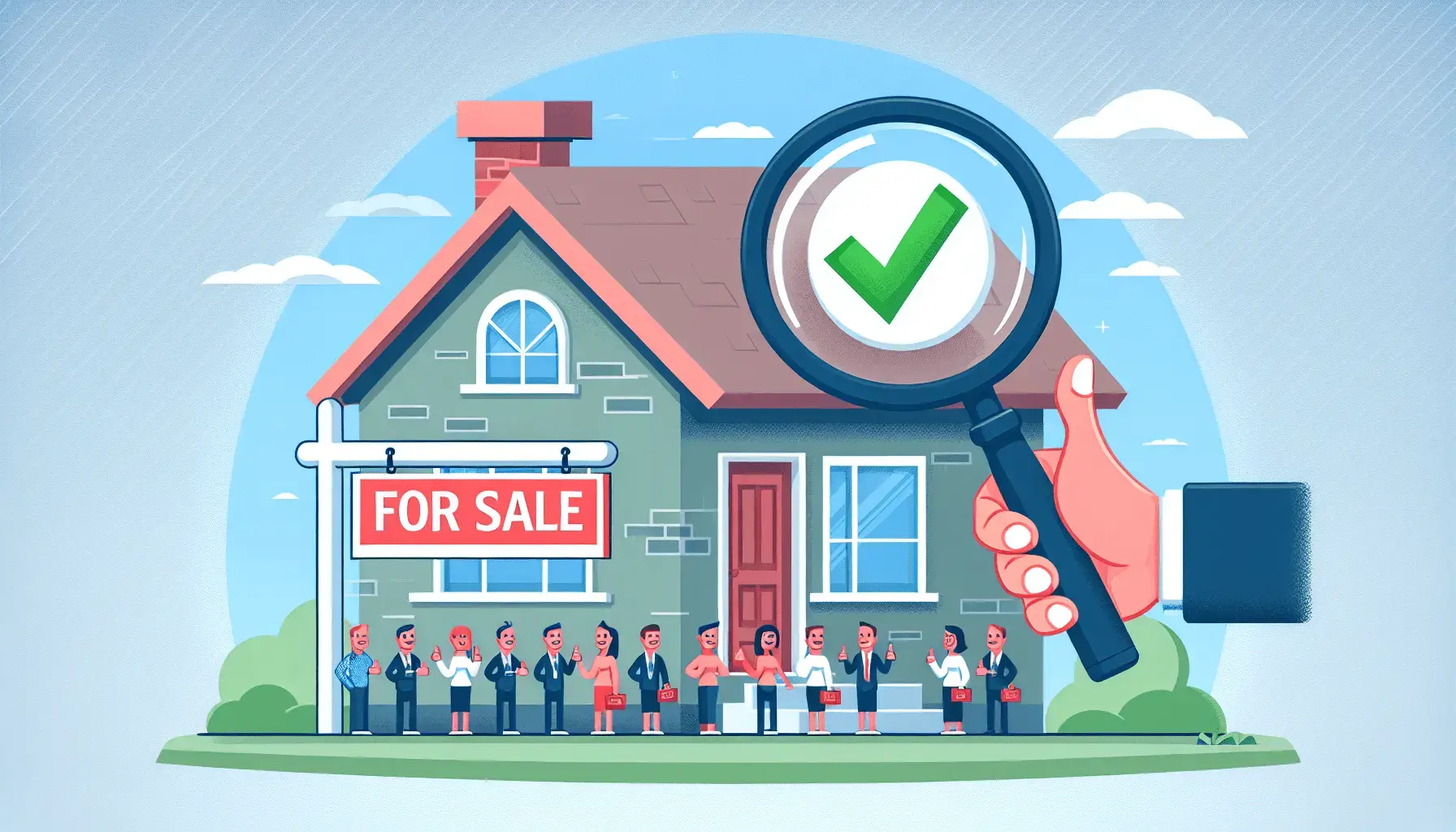 Inspections aren’t just beneficial for buyers; they also offer significant advantages to sellers and property owners. A pre-listing home inspection provides sellers with a comprehensive understanding of their property’s condition, allowing them to:
Inspections aren’t just beneficial for buyers; they also offer significant advantages to sellers and property owners. A pre-listing home inspection provides sellers with a comprehensive understanding of their property’s condition, allowing them to:
- Make informed decisions about repairs and improvements
- Set a realistic asking price
- Avoid surprises during the buyer’s inspection
- Speed up the selling process
By proactively identifying and undertaking minor repairs or improvements, sellers can enhance their property’s market appeal and potentially increase its value.
Enhancing Credibility
Pre-listing inspections build trust with potential buyers by offering transparency and a clear snapshot of the home’s condition, boosting the seller’s credibility.
Pre-listing home inspections can anticipate and address repairs beforehand, gaining the trust of potential buyers and avoiding unexpected problems during the sale process.
Streamlining the Sale
For sellers, inspections can streamline the sale process. Realtors with home inspector certification can identify and address issues quickly, reducing dependence on third-party inspections and facilitating a smoother transaction.
Selecting a Reputable Inspection Business
Choosing a reputable inspection business is as important as the inspection itself. Home inspectors should be thoroughly vetted for certifications and experience, as this is critical for ensuring a proper and legally compliant home inspection process.
Reading reviews on independent sites can offer valuable insights into the home inspection company’s reliability and quality of service from the perspective of previous clients.
Certification and Experience
Certified home inspectors are trained to identify construction defects, uncover hidden issues, and assess the overall property condition, providing valuable insights on maintenance and potential repairs. It is essential to hire an inspector who possesses ample knowledge and real-world experience in home inspections, ideally working full-time in a professional organization.
Service Offerings
Reputable inspection businesses offer a variety of specialized services to assess property conditions thoroughly. These services can include:
- Thermal imaging scans
- Wood destroying insect inspections
- Radon testing
- Indoor air quality assessments
- Sewer lateral scans
- Well water testing
- Septic inspections
- Drone services
For an additional fee, inspections may include auxiliary components such as pools, spas, and radon mitigation systems if requested by the client.
Summary
To sum it up, home inspections are an indispensable tool in the real estate landscape. They play a pivotal role in identifying hidden flaws, ensuring safety standards, and providing accurate property valuations. Selecting a reputable inspection business that offers a comprehensive checklist and a variety of specialized services ensures a thorough assessment of the property. Whether you’re a buyer or a seller, the value of a professional inspection cannot be overstated, as it can save you from costly surprises, provide negotiation leverage, and aid in long-term planning. So the next time you find yourself involved in a real estate transaction, remember – a stitch in time, in the form of a home inspection, saves nine!
Frequently Asked Questions
Are there home inspectors in Mexico?
Yes, there are home inspectors in Mexico. For example, Home Inspector Master Mexico has over 8 years of experience in Quintana Roo, with a qualified team of structural engineers and general contractors.
How much does a home inspection cost in New Mexico?
The average cost of a home inspection in New Mexico is between $450 and $500, according to Fixr. Consider reaching out to local inspectors for precise pricing.
How much does a home inspection cost in Arizona?
On average, a home inspection in Arizona costs between $350 and $425. Prices may vary based on the property's size and the type of inspection required. Hiring an inspector to assess the property and provide a report is recommended.
What do home inspectors look for in Arizona?
Home inspectors in Arizona look for how the exterior of the property is withstanding the environment and signs of pests like termites, tarantulas, and scorpions. They may also offer specific tests for pests, radon, and asbestos.
Why is a home inspection necessary in a real estate transaction?
A home inspection is necessary in a real estate transaction because it helps identify hidden defects, ensures safety standards, and provides accurate property valuations, playing a crucial role in the process.

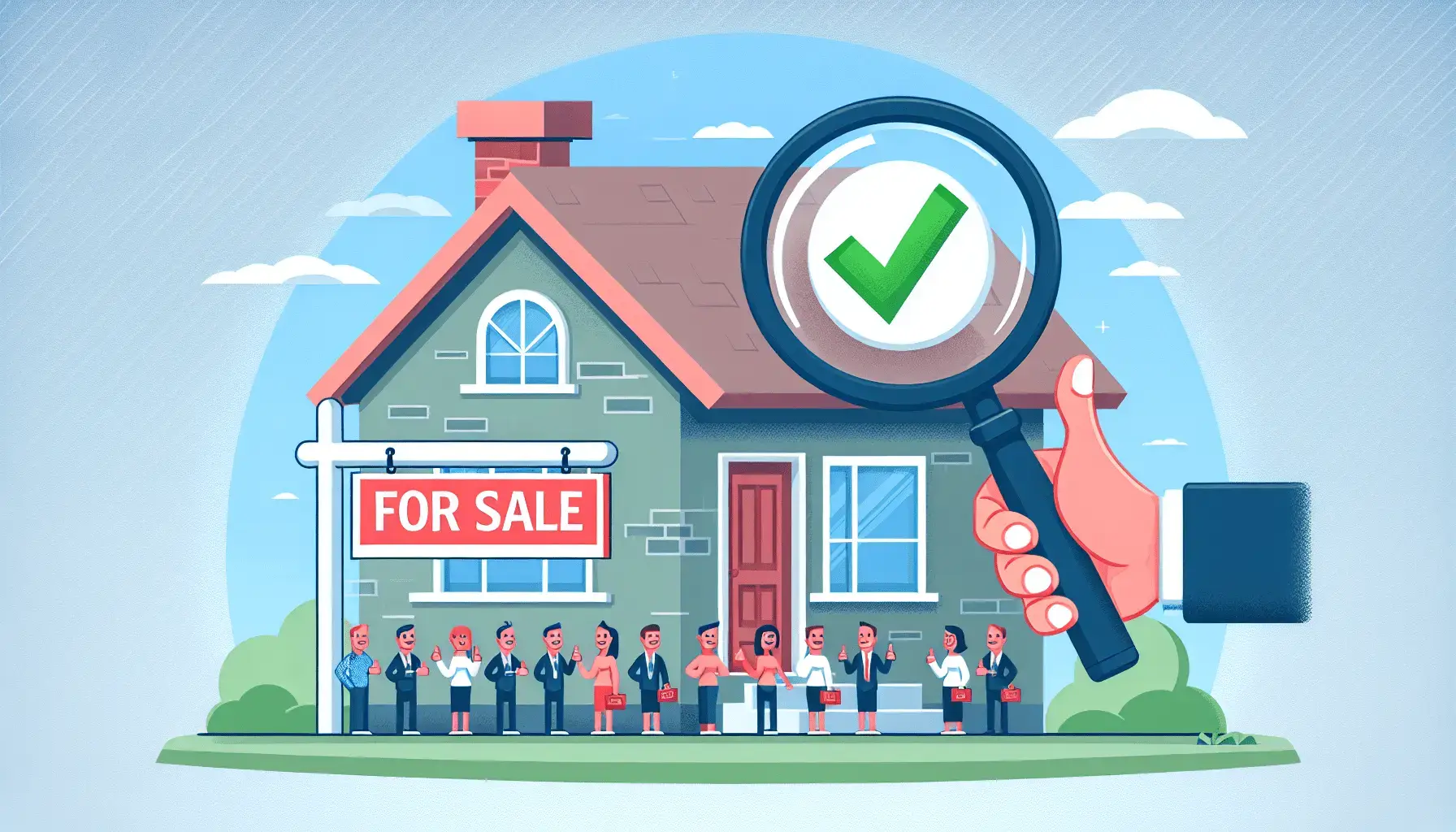










Comments (0)